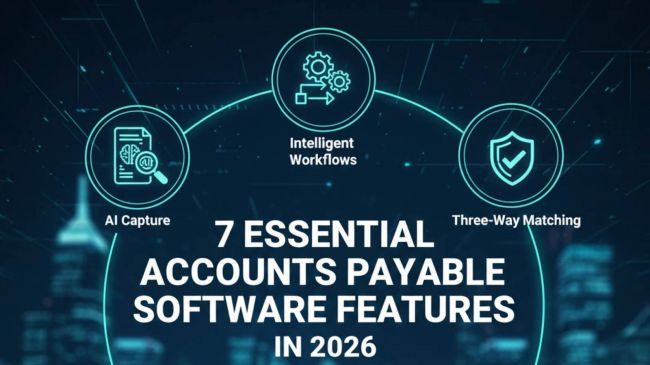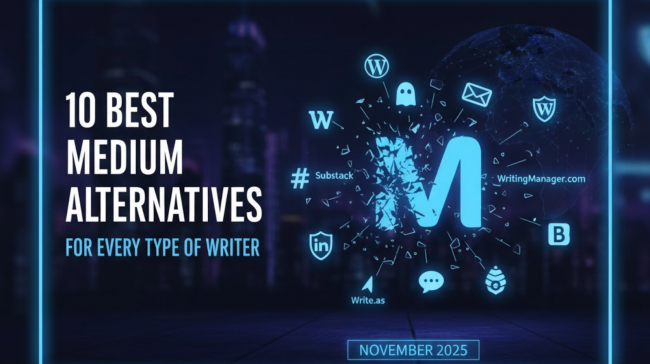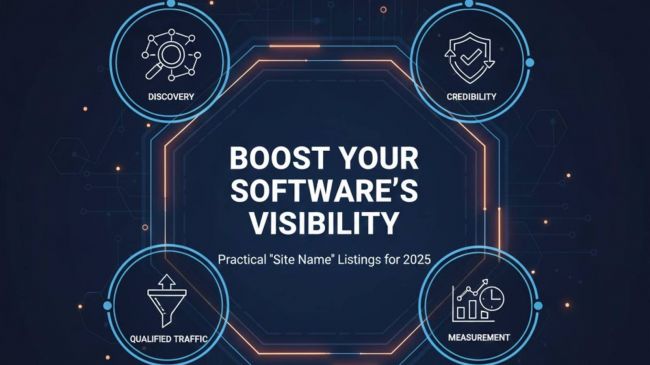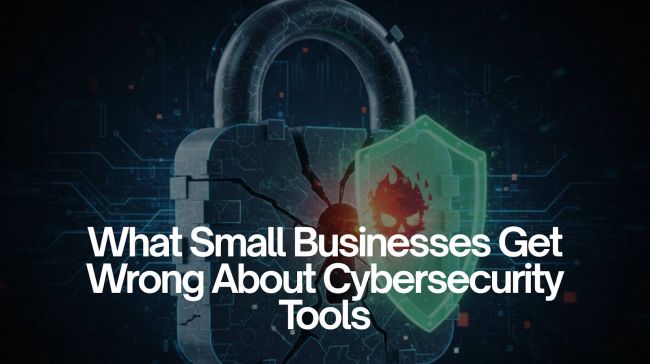Financial freedom before retirement isn’t just a buzzword or a pipe dream for tech bros with trust funds. It’s also not about extreme frugality or giving up every pleasure that makes life feel worth it. For a lot of people, it just means getting to a place where work is optional and money isn’t calling every shot. That kind of freedom—where you can say no to a toxic job, walk away from a bad deal, or finally take that long trip—isn’t just for the ultra-rich. It’s for regular people who are willing to make consistent, thoughtful choices over time. Not perfectly. Just intentionally.
It doesn’t require a major windfall or a perfect record of investing since your twenties. What it does require is being honest with yourself about your habits, your mindset, and what you’re actually working toward. Because coasting into your sixties hoping everything just “works out” isn’t much of a plan.
The First Real Shift Is Mental
A lot of people don’t realize just how much their financial story is being shaped by stress, fear, and habit. Whether you grew up without enough or you watched your parents work until they physically couldn’t anymore, those things don’t just disappear. They stick. And they affect the way you save, spend, and imagine your future.

Financial freedom has to start with reframing what money even means to you. Is it just security? Is it freedom? Power? Control? None of that is wrong, but knowing the answer helps you shift from reacting to money to actually using it as a tool. If you’re always chasing the next dollar without a clear endgame, you’ll burn out. You have to decide what freedom looks like for you—maybe it’s living debt-free, maybe it’s owning a cabin in the woods, maybe it’s just being able to buy your time back.
That’s not something an app can decide for you. It’s not going to be found in a TikTok from someone flashing luxury purchases they probably charged. This part takes a little reflection and honesty. The good news? You can do it without being a personal finance robot. You don’t have to track every penny or shame yourself every time you spend on something joyful. It’s more about shifting into a mindset where you’re building something, not just surviving.
Income Alone Isn’t The Answer
It’s easy to think the secret to early financial freedom is just making more. And yes, earning more helps. But plenty of high earners are still living paycheck to paycheck because they’ve let their lifestyle balloon with every raise. The trick isn’t just in how much you make—it’s how much you keep. And even more importantly, what you do with what you keep.
This is where most people start to glaze over because they assume it’s all about budgeting or giving up little things like your daily coffee. But no one ever got wealthy by skipping lattes. What does make a difference is having an actual system. Not a complicated spreadsheet no one wants to update, but something that makes your money go where it should before you even think about spending it.
Automation helps, but even more helpful is working with someone who can see the full picture. A firm that handles retirement planning in Houston, Atlanta and anywhere in between can take what feels overwhelming and turn it into a set of clear moves. Not because you couldn’t figure it out yourself—but because you have a life, and outsourcing some of the heavy lifting is what smart people do.
Avoid The Trap Of Passive Numbness
You know what keeps most people stuck? Not bad luck. Not laziness. Just fatigue. Financial stress is exhausting, and when you’re busy just trying to keep everything afloat, the idea of learning about investing or asset allocation sounds like too much. So you numb out. You scroll, binge, shop a little, maybe open a savings account and never use it. And then ten years pass.
Breaking that cycle starts small. Read one story of someone who made the leap, like the three real-life examples of early retirees in The Economic Times’ feature on financial freedom. They didn’t wait for perfect timing; they made gradual, intentional moves.
It’s completely normal, and it’s nothing to be ashamed of. But if you want financial freedom before retirement, you can’t afford to stay in that fog. Even one or two small intentional actions a month can shift your trajectory. Pick up a book from someone who writes about money without sounding like a spreadsheet. Schedule a call with a financial advisor just to talk. Start with one thing you know you’re avoiding—like the unused 401(k) from a job you left years ago—and deal with it. The act of facing it often feels better than avoiding it.
Freedom doesn’t come from being perfect. It comes from showing up consistently, even when it’s uncomfortable. Especially then.
Simplicity Beats Complexity
There’s a strange obsession with complexity in personal finance spaces. People love to over-complicate things—five brokerage accounts, six side hustles, a dozen apps. But here’s the truth: the simpler your system, the more likely you are to stick with it. Being simple is not the same as lazy. It’s actually harder to create a simple plan that works than to build a convoluted system you’ll abandon in a week.
This doesn’t mean your plan is basic or lacks depth—it just means you’re not drowning in strategies you don’t understand. Get clear on your numbers. How much do you need monthly to feel free? What are your current expenses? What does your income look like? What’s the gap, and how can you close it over time?
As one user in the Financial Independence subreddit shared, freedom isn’t about a number, it’s about control over time and choices. That echoes the broader sentiment on Quora discussions about true financial stability, where people define stability as “the ability to make decisions without fear.”
There’s no one perfect asset allocation. No magic stock. No one-size-fits-all withdrawal strategy. But you don’t need all the answers today. You need to know what matters, and tune out everything that doesn’t. And if you're already burnt out from playing Wordle and checking your bank account in the same hour, that’s your sign to simplify. The goal is freedom, not full-time financial micromanagement.
Use Your Freedom Muscle Before You Retire
Here’s the underrated truth: you don’t have to wait until you’re rich to start living like you’re free. Freedom is a muscle—you strengthen it through small, intentional choices long before your portfolio is perfect.
If you’ve paid down debt or built a modest cushion, start acting on that progress now. Say no to a project that drains you. Take your vacation days without guilt. Adjust your schedule to reflect your priorities.
As new workplace tools powered by AI make remote and flexible work more accessible, professionals are reclaiming time earlier in life. Innovations in digital learning, like those highlighted in this exploration of smarter AI classrooms, show how technology is freeing people from traditional work patterns. Similarly, security platforms like RapidIdentity’s identity management systems demonstrate how automation is reducing friction in everyday systems, proof that the digital economy is redefining what “freedom” looks like across sectors.
Financial freedom isn’t about quitting life; it’s about showing up more fully for it—less panicked, more present, and focused on what truly matters.
Where It All Lands
The path to financial freedom before retirement doesn’t have to look like a dramatic life overhaul. It’s not about perfection or rigid formulas. It’s about choosing—over and over again—to prioritize your future self without completely abandoning the present one. You don’t need to be a finance nerd, an entrepreneur, or an early adopter of crypto to do it. You just need to care enough to pay attention, to adjust, and to move steadily in the direction that gives you more life, not just more money. That’s it. That’s the move.
Conclusion
Financial freedom before retirement isn’t a fantasy; it’s a mindset shift that starts with clarity, consistency, and courage. It’s not about hitting a magic number or living on rice and beans for 30 years; it’s about regaining control over your time and decisions long before your sixties.
The people who achieve it aren’t necessarily richer; they’re more intentional. They automate smartly, simplify their systems, and invest both money and attention where it matters most. They also understand that real freedom isn’t the absence of work; it’s the presence of choice, to say no to stress and yes to rest, and to design a life that feels balanced now, not someday.
You don’t need to wait for perfect timing, a market boom, or a huge inheritance. You can start today by confronting one avoided decision, saving one extra percent, or just deciding what “enough” really means for you.
Because in the end, financial freedom isn’t about retiring early, it’s about living fully.
Post Comment
Be the first to post comment!





